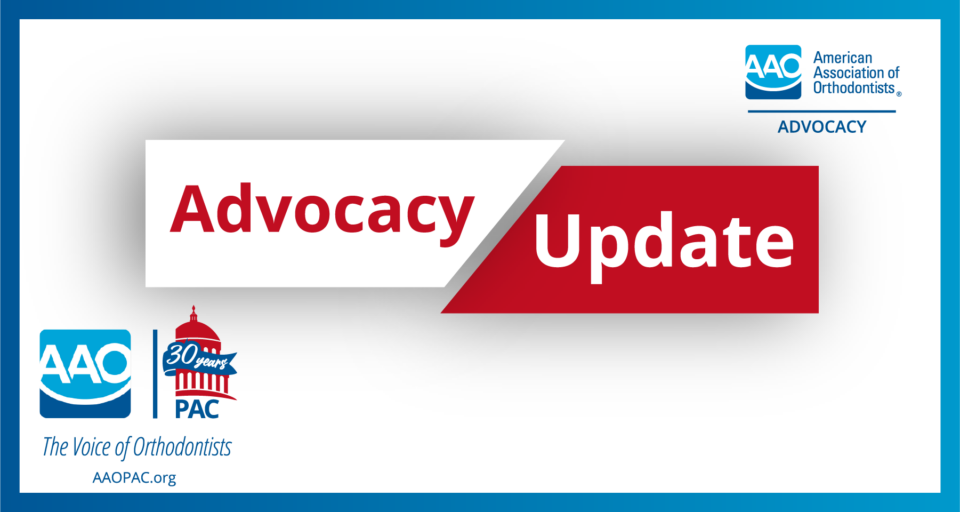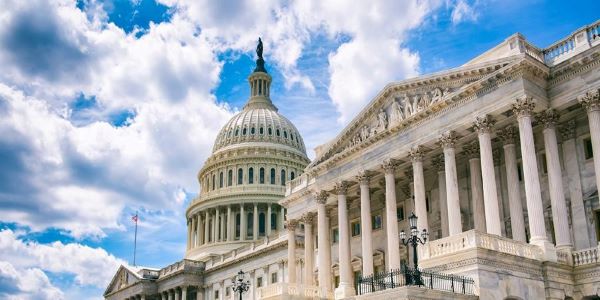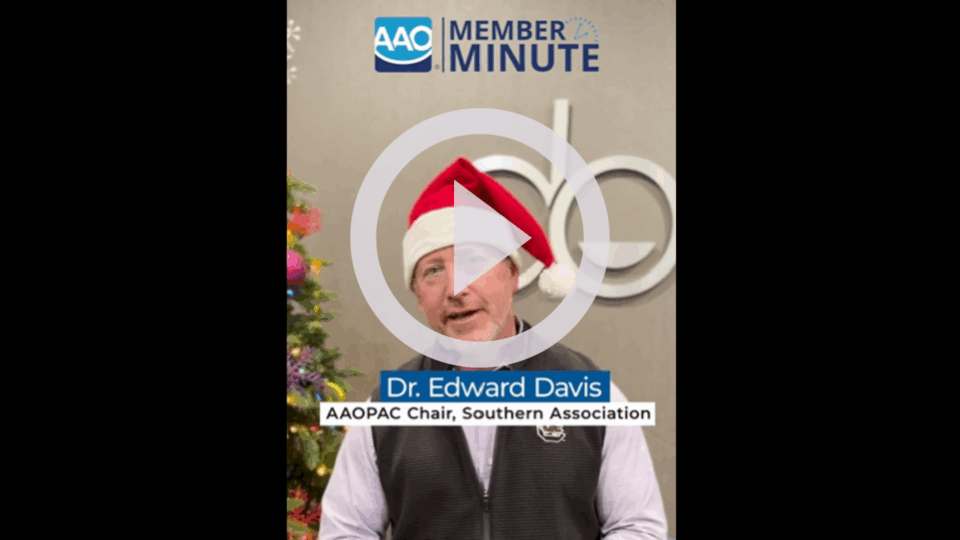On July 9, the U.S. House of Representatives Ways and Means Committee approved H.R. 8915, the Education and Workforce Freedom Act, by a vote of 23-13.
Importantly, Section 3 of H.R. 8915 encompasses the Freedom to Invest in Tomorrow’s Workforce Act (H.R. 1477 / S. 722). This beneficial workforce development bill would allow beneficiaries of 529 savings accounts to use their account funds to cover costs associated with workforce training and high-quality postsecondary credentials, such as professional certifications and occupational licenses. The bill would provide valuable tax-advantage resources for families, students and workers—with or without a college degree—who pursue career growth, mid-career changes or pathways that diverge from a typical academic route.
This legislation would empower Americans of any educational background, skill level or age, and would benefit all industries and professions that rely on employees with specialized training or credentials, including orthodontic offices. The bill would encourage more workers and families to save funds on a tax-preferred basis for career options that best suit the plan beneficiary. It would transform 529s from college savings plans to career savings plans.
AAO joins more than 800 organizations that operate in more than 50 industries that advocate for beneficial workforce development policy that would strengthen the economy now and into the future.
The bill has now been reported to the House floor, for consideration at a time yet to be determined.
We applaud Senate Champions, Sen. Amy Klobuchar (D-MN) and Sen. Mike Braun (R-IN)- and House Champions, Rep Rob Wittman (R-VA) and Rep. Abigail Spanberger (D-VA), and the 21 bipartisan Senate cosponsors and 146 bipartisan House cosponsors for their leadership on this important legislation.
The AAO remains committed to supporting policies that create solutions to address the severe workforce shortage challenges in the dental community and burdensome regulations for dental auxiliaries who practice in orthodontic offices. The AAO is making advances at the federal level, but also in the states through efforts in Michigan, California, New York, Maryland, and Ontario.
Contributing to the AAO Political Action Committee (AAOPAC) helps fuel our advocacy success in Washington, D.C. and in states throughout the country. 2024 marks the 30th anniversary of AAOPAC. To learn more and make your special 30th anniversary gift now, please visit AAOPAC.org.



